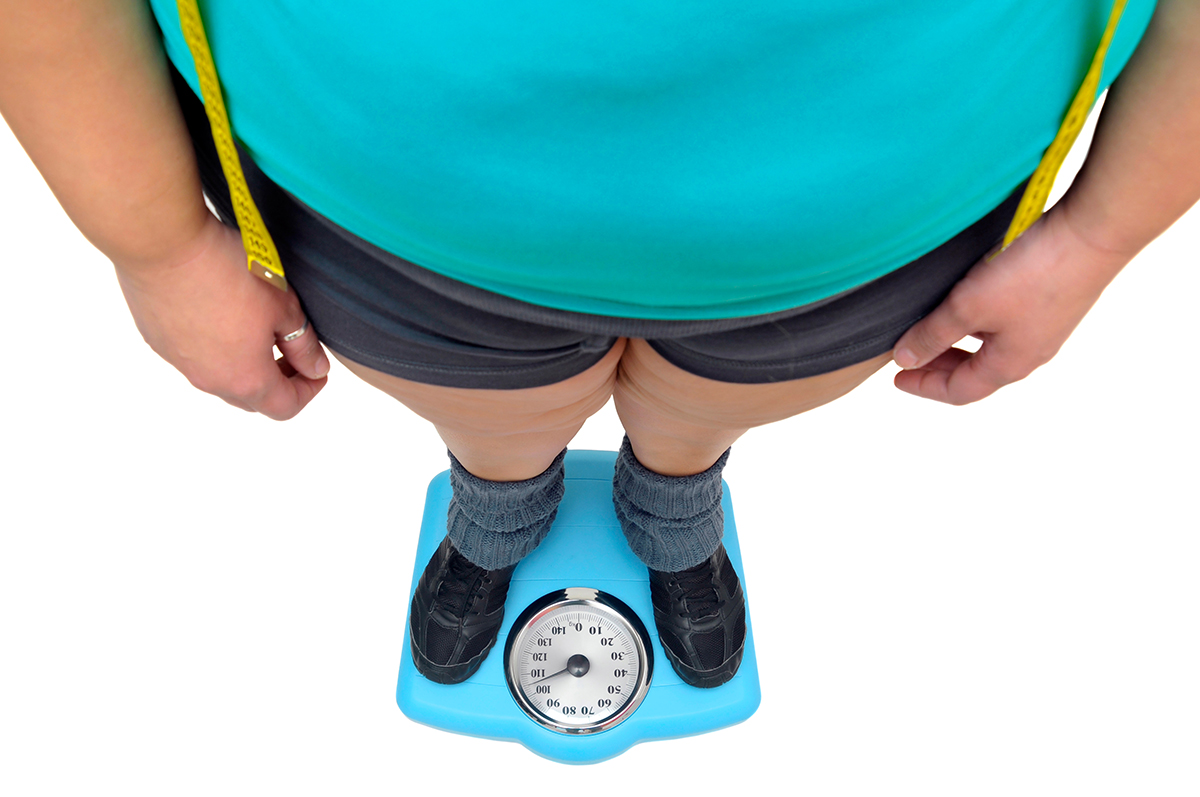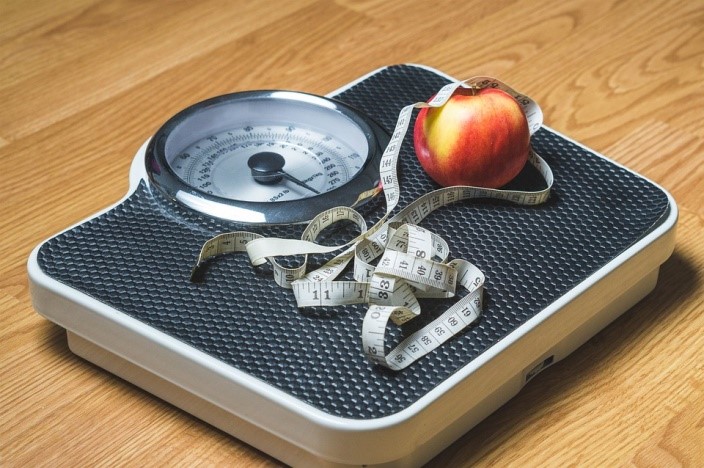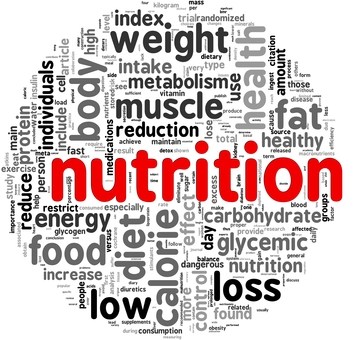Hunger – Fighting the Good Fight During Weight Loss
Feeling hungry while trying to lose weight is a common side effect of the lifestyle change to drop pounds. Hunger cues/signals can be both truthful and taunting. Eating is an ever-present choice, necessity, and part of life we interact with multiple times per day. This includes what we drink. From snacks to meals to beverages, what is in each of these influences our weight. It is okay to feel hungry from time to time. Yet, societal norms have told us to immediately address the stomach when it rumbles for food. In the pursuit of weight loss, or for some the fight of weight loss, how can you combat hunger?

The answer is balanced nutrition. Protein is number one. Protein signals to the hormones to tell the brain you are feeling fuller. Feeling full for longer periods of time helps keep hunger suppressed. Nutrient dense foods are also better options. Foods high in fiber, high in water, and that have essential nutrients are hunger helpers. These include fruits, vegetables, whole-grains, and lean proteins. Leafy greens are also fiber filled. Eating foods that take longer to digest such as these, help intervals of not feeling hungry to be longer. Healthy fats are another winner to fight hunger. Foods such as avocados, seeds, and nuts are monounsaturated and polyunsaturated fats and help with weight loss.
Planning ahead is critical. This practice keeps impulse eating and poor choices away. By having meals pre-portioned and made, what is right in front of you is what is to be eaten without room for unhealthy choices. Drinking water is also a huge help. Hydration does fill the belly. Drinking water before eating can also take up space so eating less could happen because you are already somewhat full.
A common mistake is the act of snacking. Most snack choices are high on the glycemic index, so the aftermath results in blood sugar spikes that soon drop and start the tummy to rumble for more. Intentional snacking is a much better approach. This means focusing on the portion, not eating during distractions such as while watching T.V., and slowing down to chew thoroughly. Not letting the challenges of the day influence eating choices is important. When emotion strikes of any type, snacking won’t resolve what is occurring. Sleep has to be on the top of the list too because it helps maintain blood sugar and insulin levels. Sleep deprivation alters hormones, even those that tell you whether you are hungry or not.
No one ever said weight loss would be easy. The lifestyle changes to accomplish this do require discipline and focused choices/behaviors. It is very easy to do what might feel good in the moment or that is quick and easy, but the big picture is what counts. Every choice adds up. Food will remain in our lives at all times of the day, so creating a healthy relationship is of the utmost importance. Life is unpredictable, but how we respond and react can be predicated on our goals and decisions. As with most elements of life, weight loss is easier said than done and no one likes feeling hungry. Remember, feelings of hunger do pass, even if you don’t feed yourself right away.
Megan Johnson McCullough, Ed.D, owner of Every BODY’s Fit and Mindful BODY’s Recovery in Oceanside CA, is a NASM Master Trainer, AFAA group exercise instructor, and specializes in Fitness Nutrition, Weight Management, Senior Fitness, Corrective Exercise, and Drug and Alcohol Recovery. She’s also a Wellness Coach, holds an M.A. Physical Education & Health, and Ed.D in Health and Human Performance. She is a professional natural bodybuilder, fitness model, and published author.
References












 Adding on exercise does not equate to losing body fat. In a 16-week study, untrained women (ages 18 to 34) built up to 40 minutes of hard cardio or weight lifting three days a week. They were told to not change their diet, and they saw no changes in body fatness.(1) Creating a calorie deficit by eating less food seems to be more effective than simply adding on exercise to try to lose weight.
Adding on exercise does not equate to losing body fat. In a 16-week study, untrained women (ages 18 to 34) built up to 40 minutes of hard cardio or weight lifting three days a week. They were told to not change their diet, and they saw no changes in body fatness.(1) Creating a calorie deficit by eating less food seems to be more effective than simply adding on exercise to try to lose weight. MYTH: If you train for a marathon or triathlon, surely your body fat will melt away.
MYTH: If you train for a marathon or triathlon, surely your body fat will melt away. looking at exercise for weight loss, the men lost 11.5 pounds and the women maintained weight, even though they did the same amount of exercise.(6) In another study, men who did an 18-month marathon training program reported eating about 500 more calories per day and lost about five pounds of fat. The women reported eating only 60 more calories, despite having added on 50 miles per week of running. They lost only two pounds.(7)
looking at exercise for weight loss, the men lost 11.5 pounds and the women maintained weight, even though they did the same amount of exercise.(6) In another study, men who did an 18-month marathon training program reported eating about 500 more calories per day and lost about five pounds of fat. The women reported eating only 60 more calories, despite having added on 50 miles per week of running. They lost only two pounds.(7)



